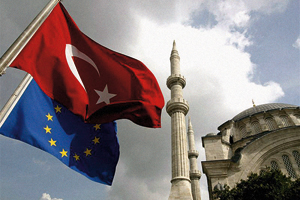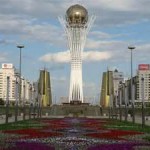(C) Kapok Tree Diplomacy. 2011. All rights reserved. Jeff Dwiggins. FREE CONTENT
Truth Commissions (TCs) – TCs may be appointed or sponsored by national, international, NGO, or hybrid commissions (Bercovitch & Jackson 156). The strengths of truth commissions may include their low cost, flexibility, “wide range of purposes” that they serve, ability to “reconstitute the moral order and provide a measure of justice when trials are not an option,” usefulness in dealing with “disappearances and killings by anonymous death squads,” potential to end a culture of impunity, role in providing a new transitional government “room to maneuver,” and the “emotional therapy” they provide a “traumatized society” (Bercovitch & Jackson 159). But are TCs ‘compromise justice’ that actually weaken the ability to make peace?
Hayner’s analysis of 15 recent TCs is useful for delineating their strengths and weaknesses. Hayner notes that in Uganda (1974) the TC had “little impact on the practices of the Amin regime” (612); in Bolivia many abuses “were overlooked” (614); the Uruguay TC was “not a serious undertaking of human rights” (616); the Zimbabwe report “has never been available to the public” (617); the Chilean report resulted in a formal apology by the President and many recommendations being implemented (622). Furthermore, the Chad TC may have been established “to improve the new president’s image” and suffered from lack of funds (624-625); the El Salvador TC resulted in general amnesty only five days after publication of its report (629); and the South African ANC II report denied any “systematic policy of abuse” (633). Read more





